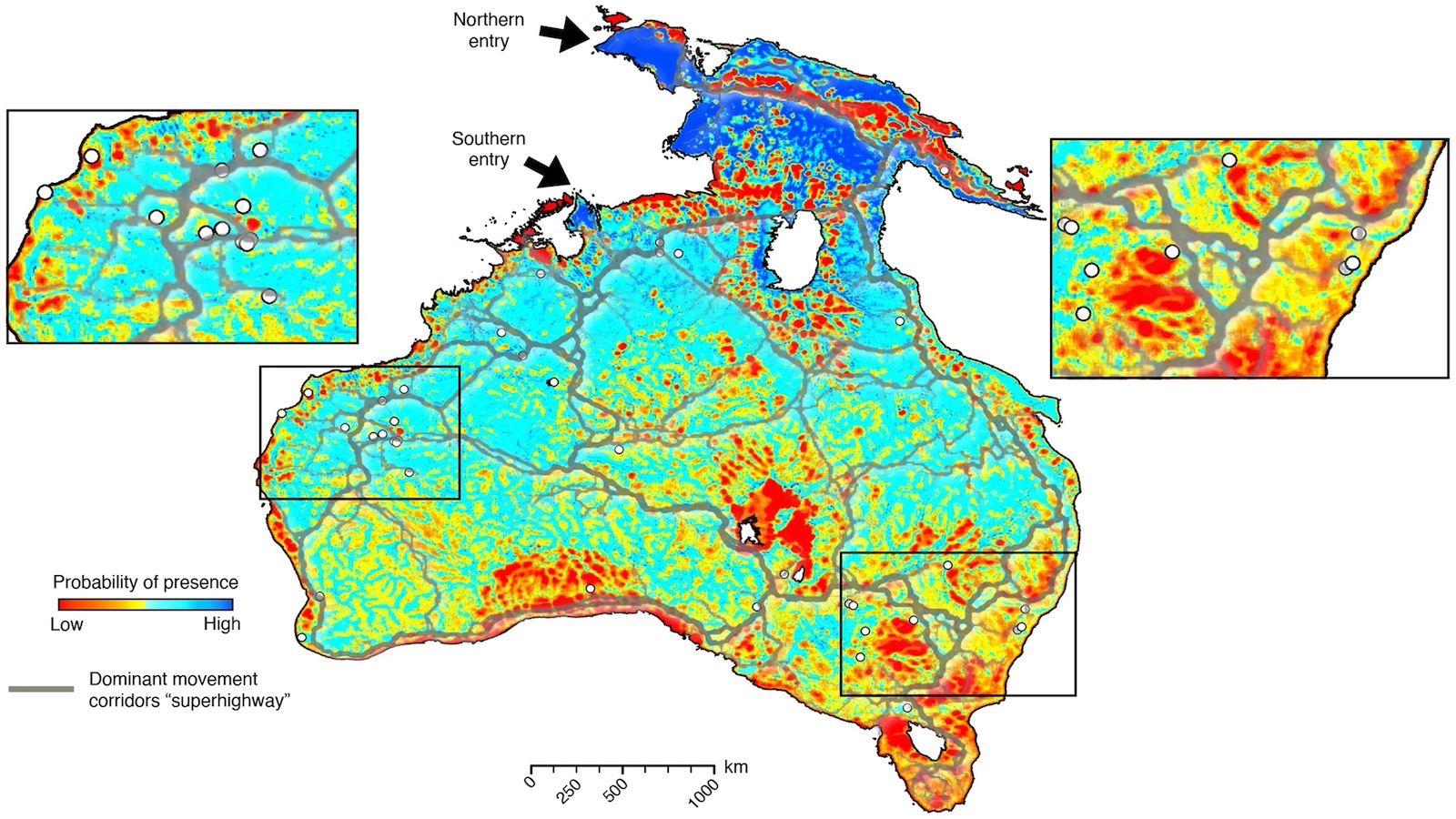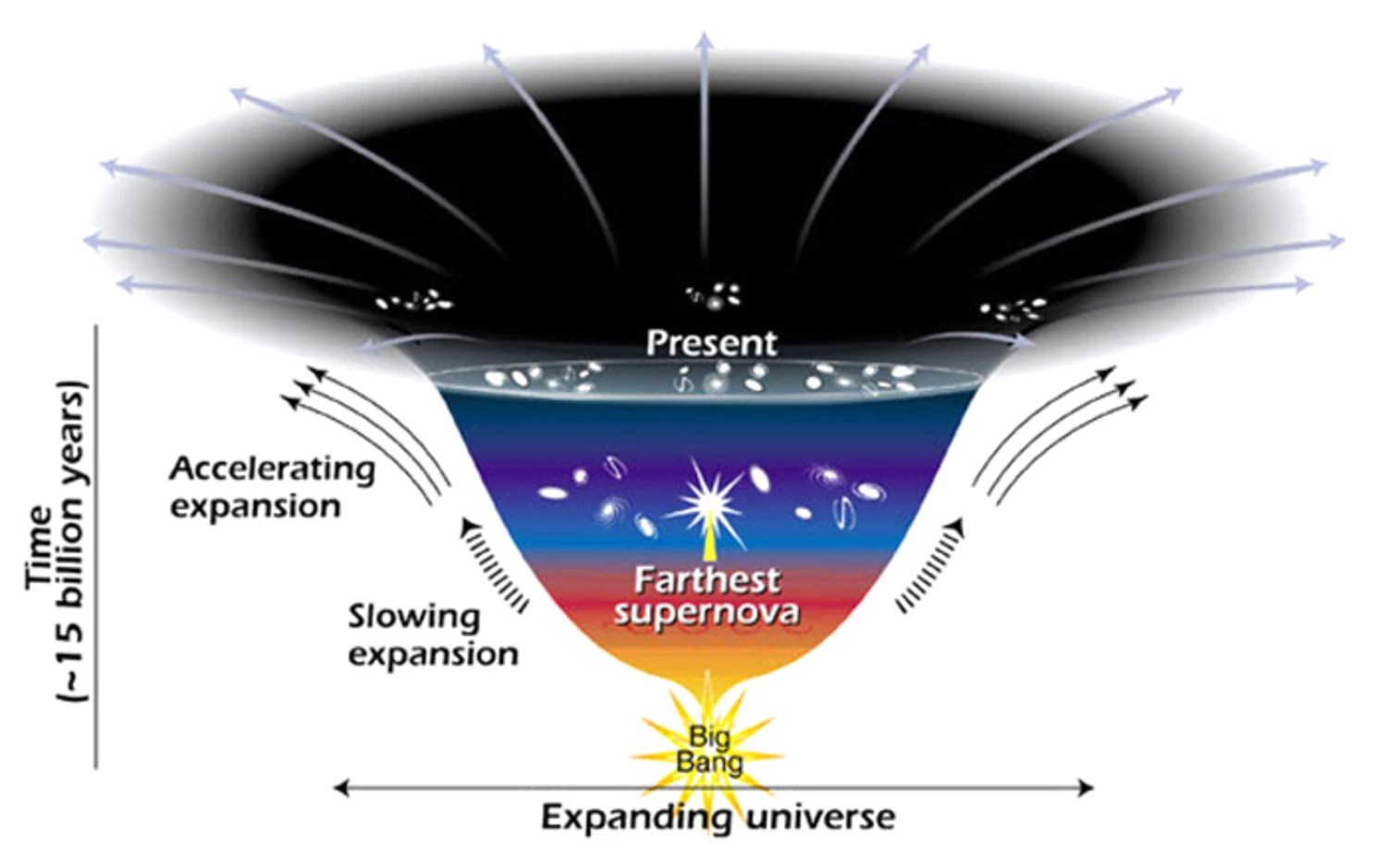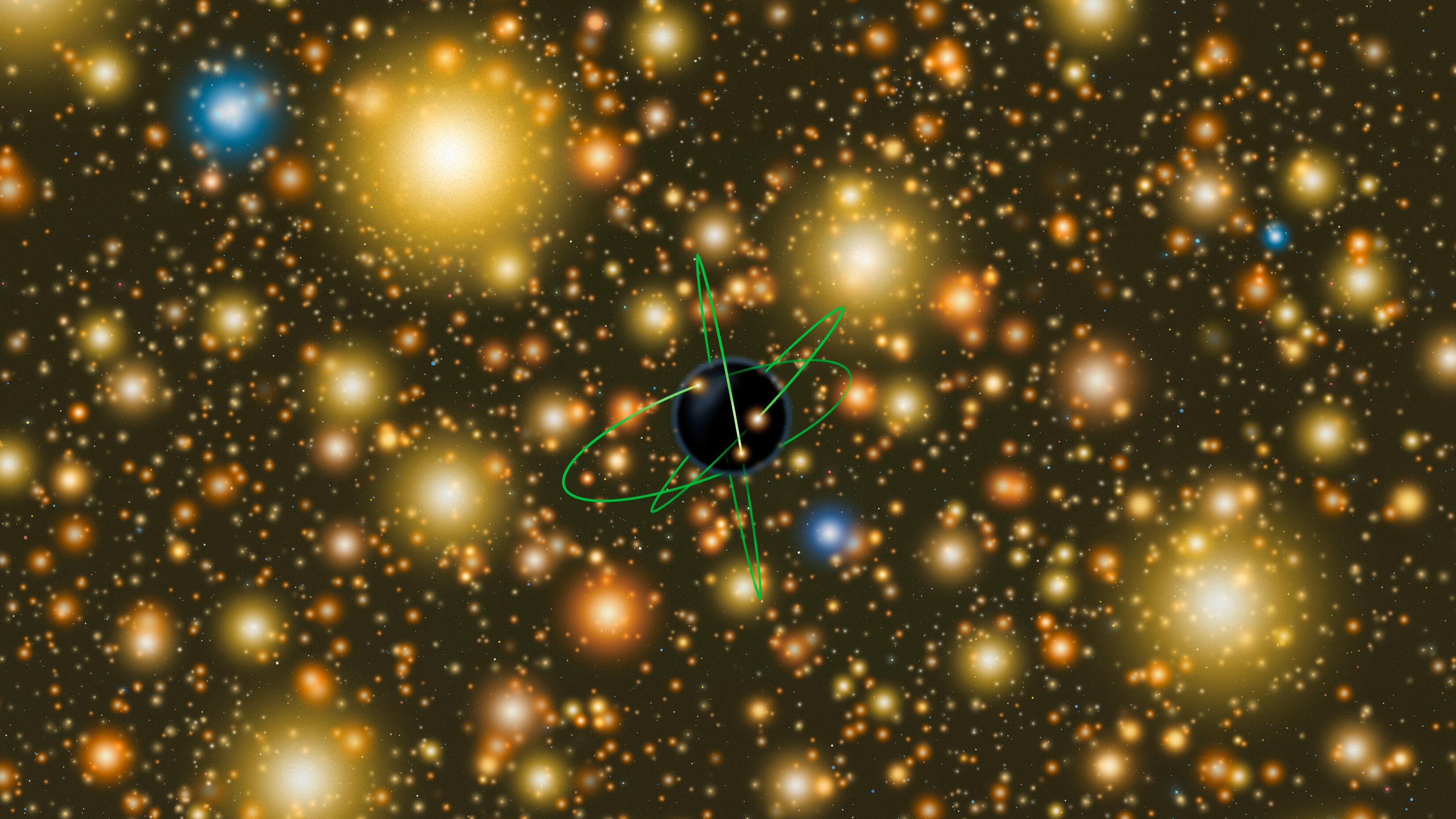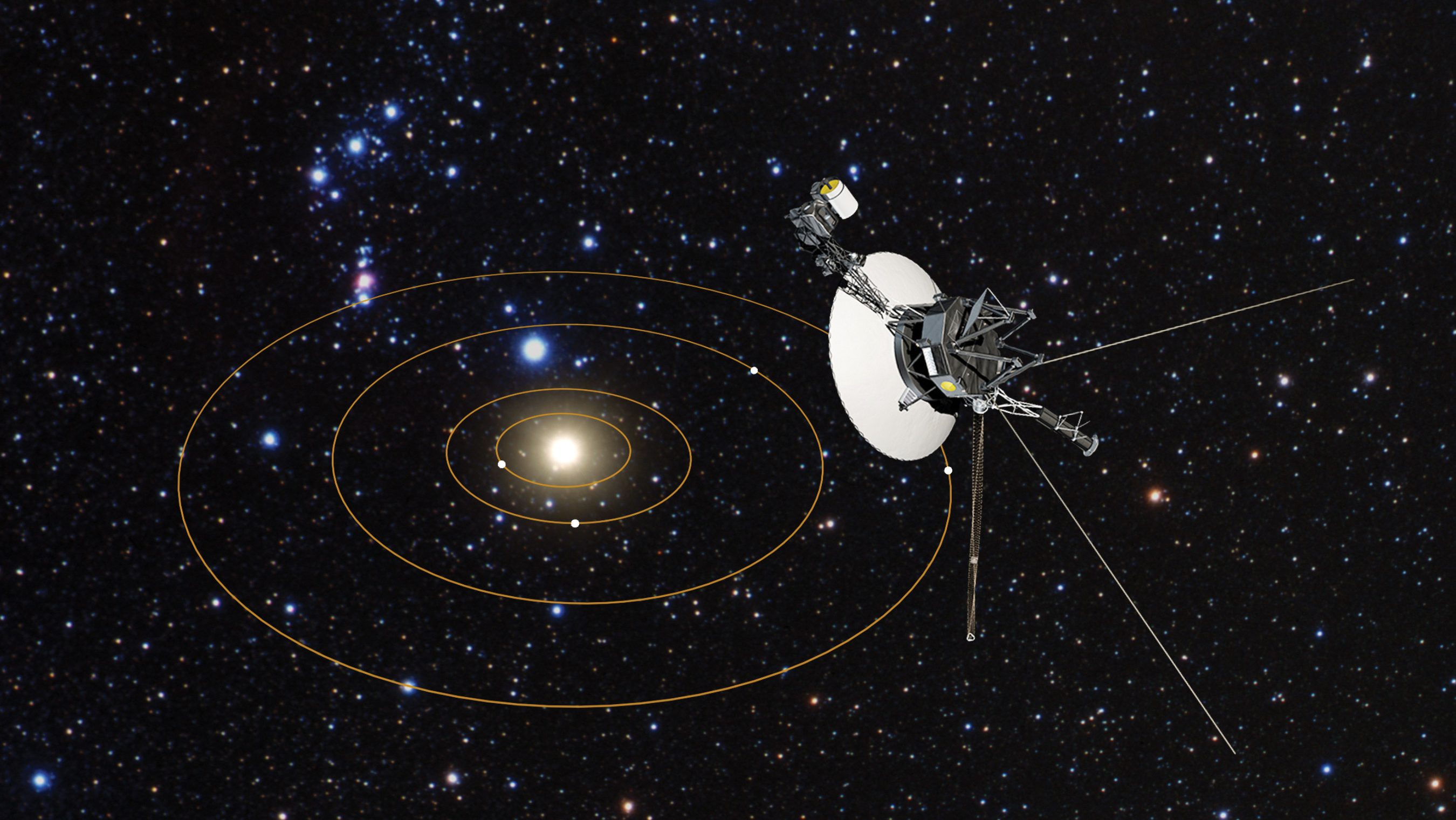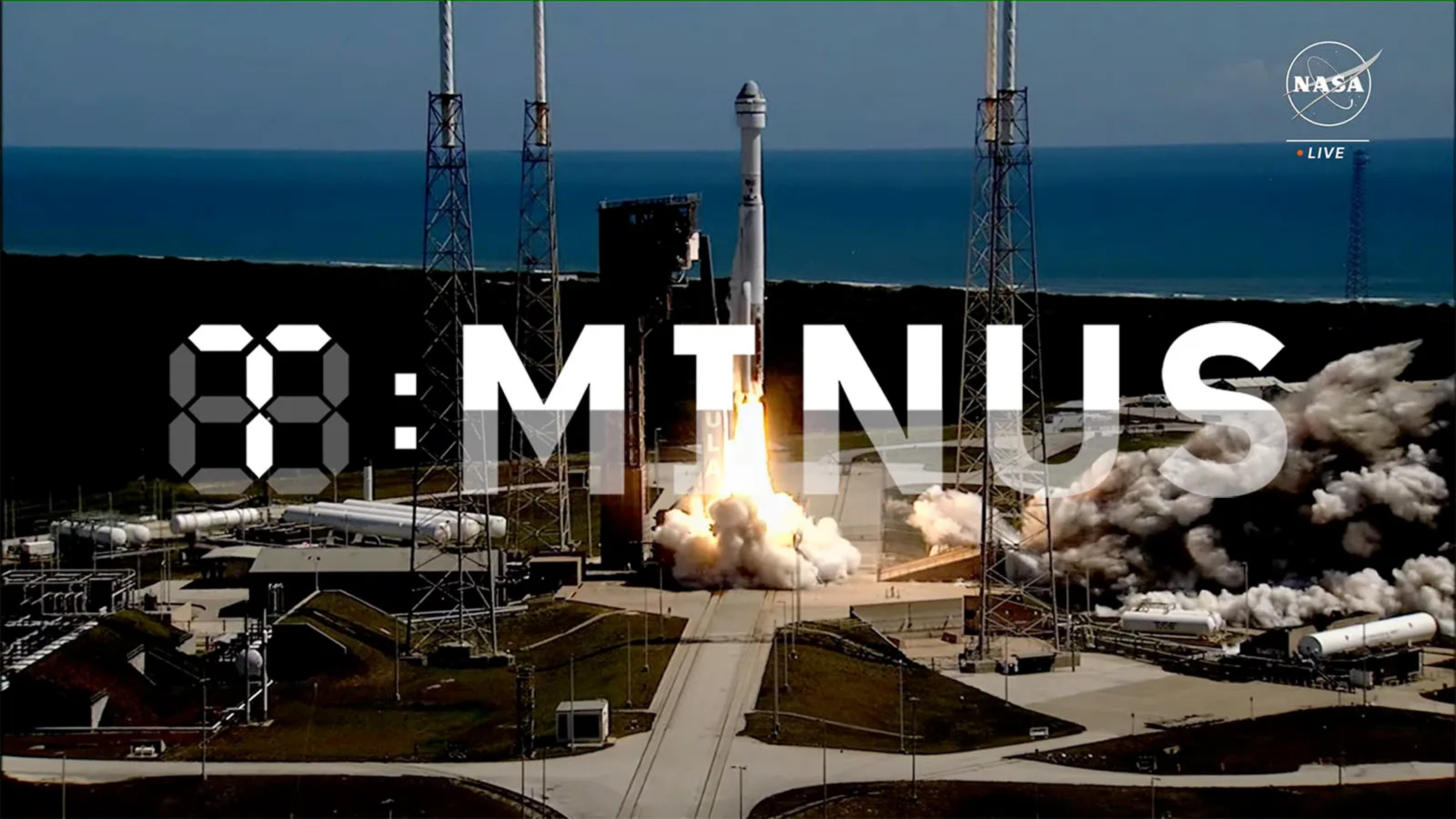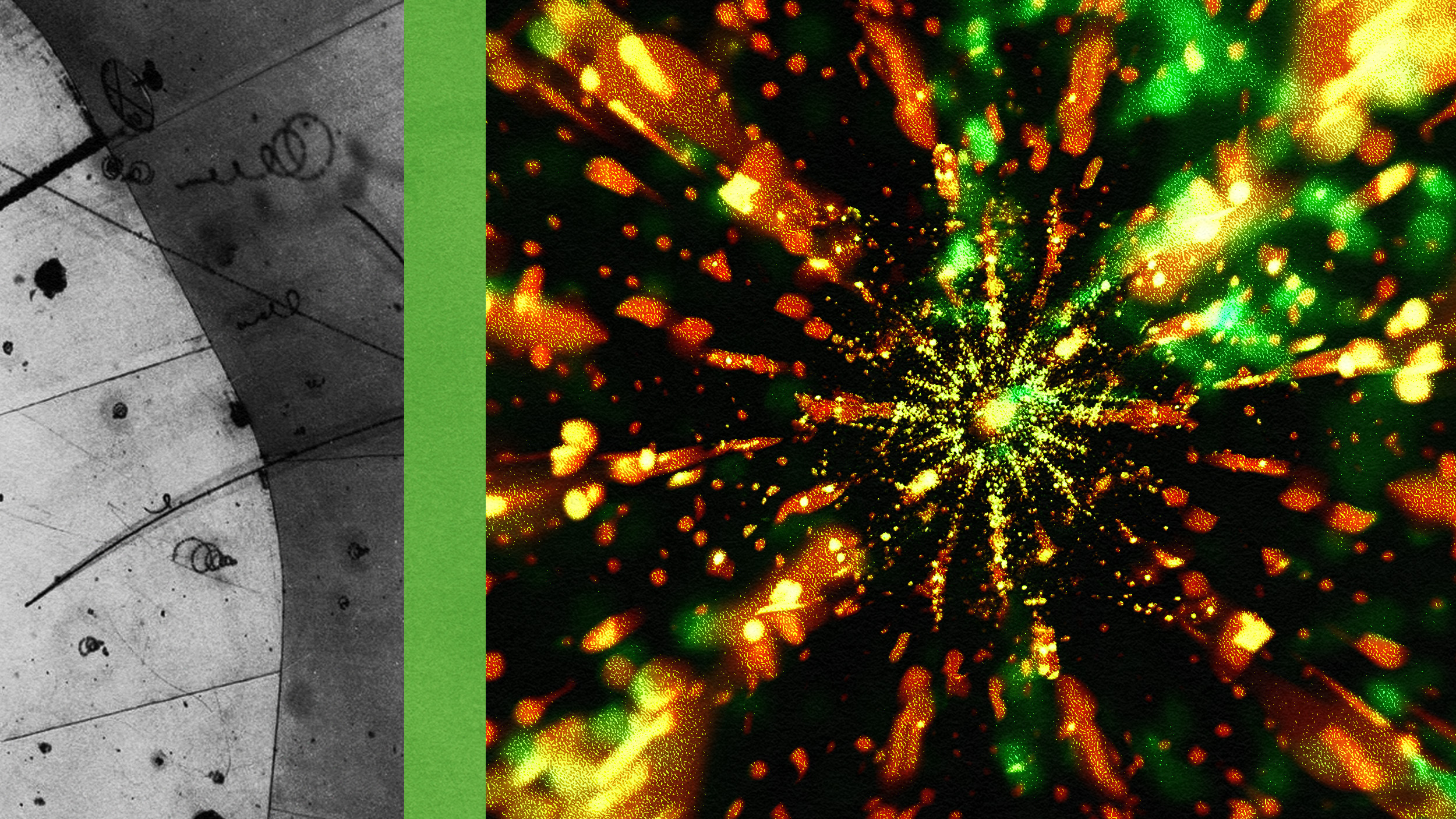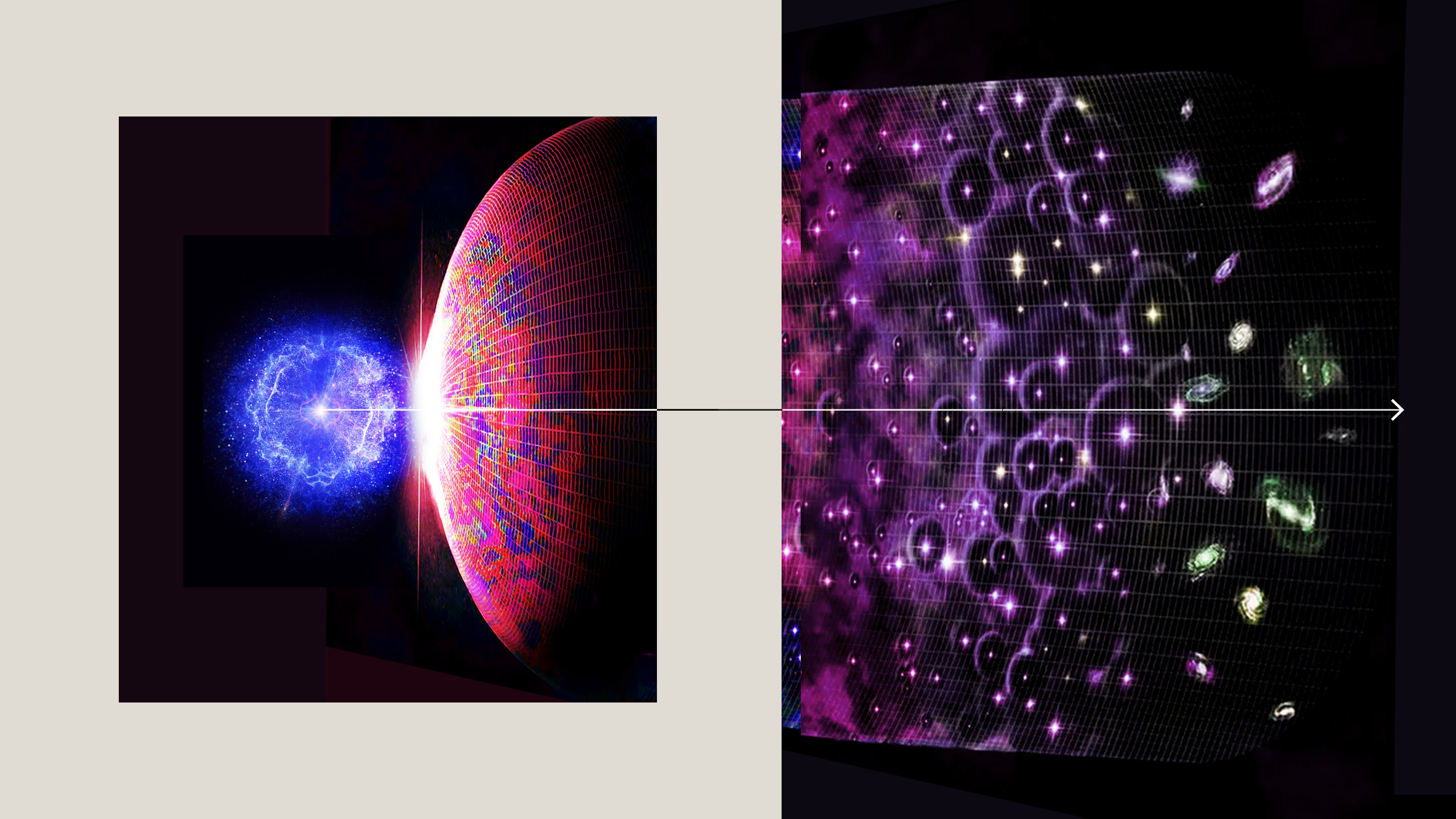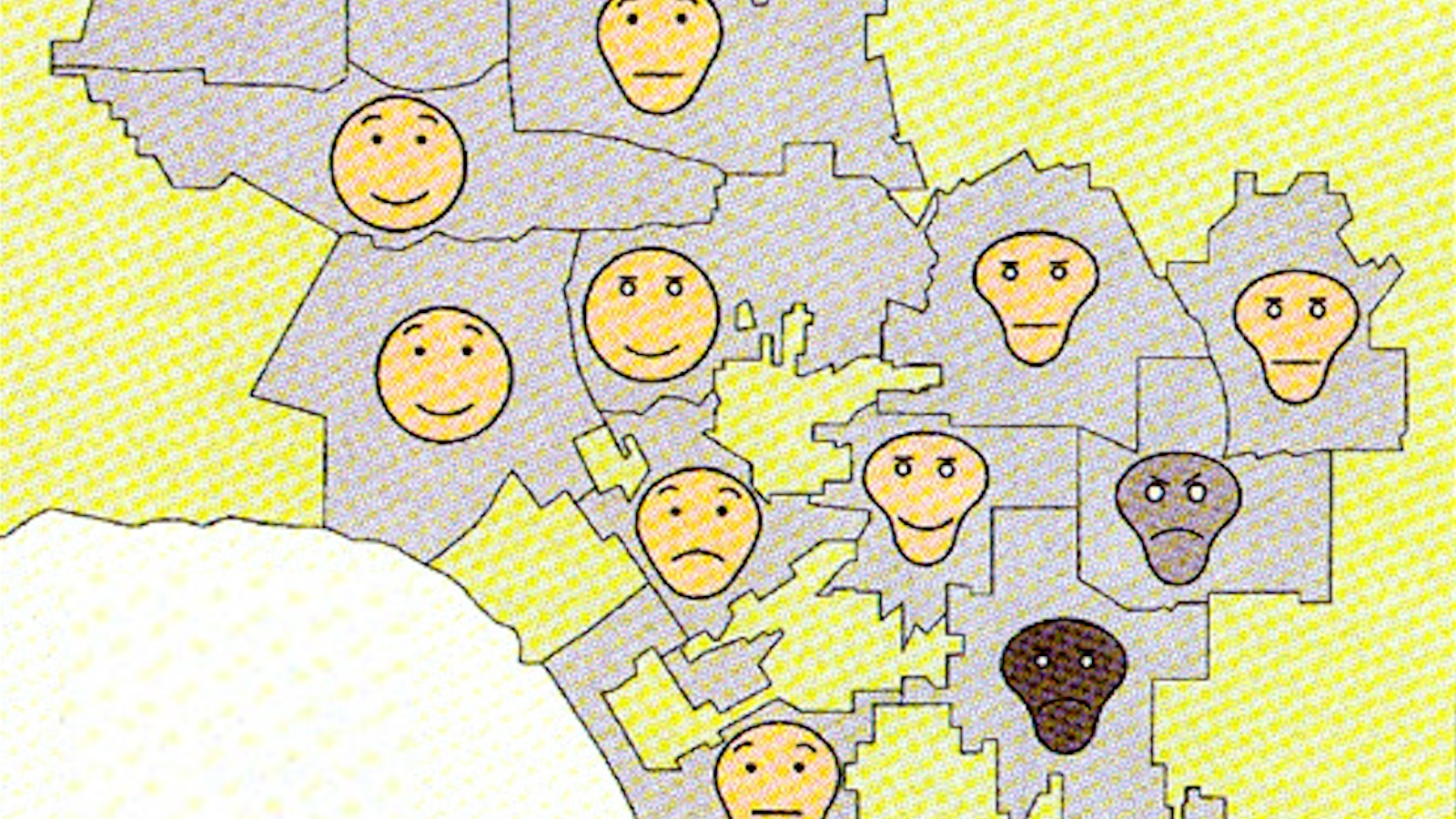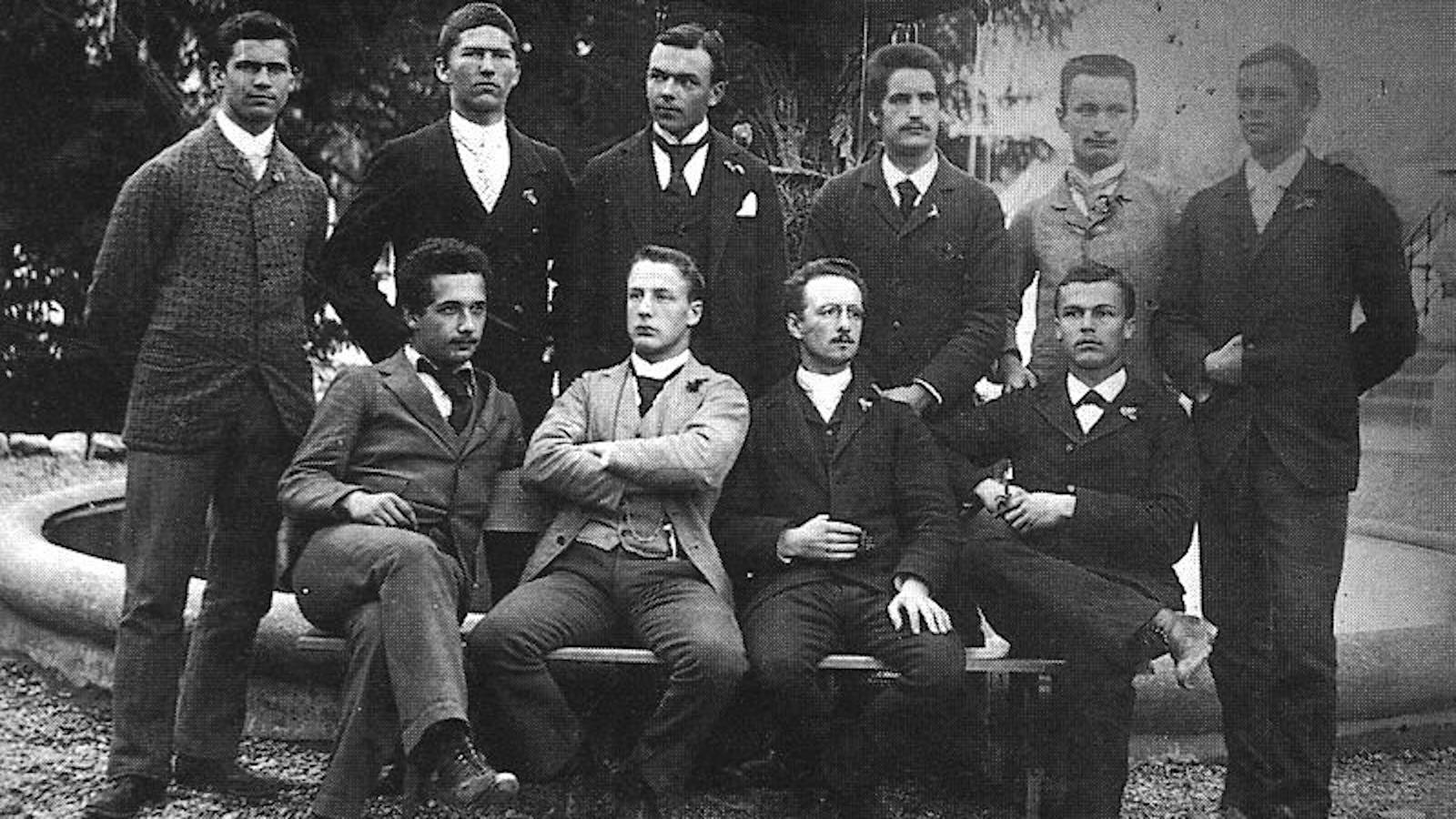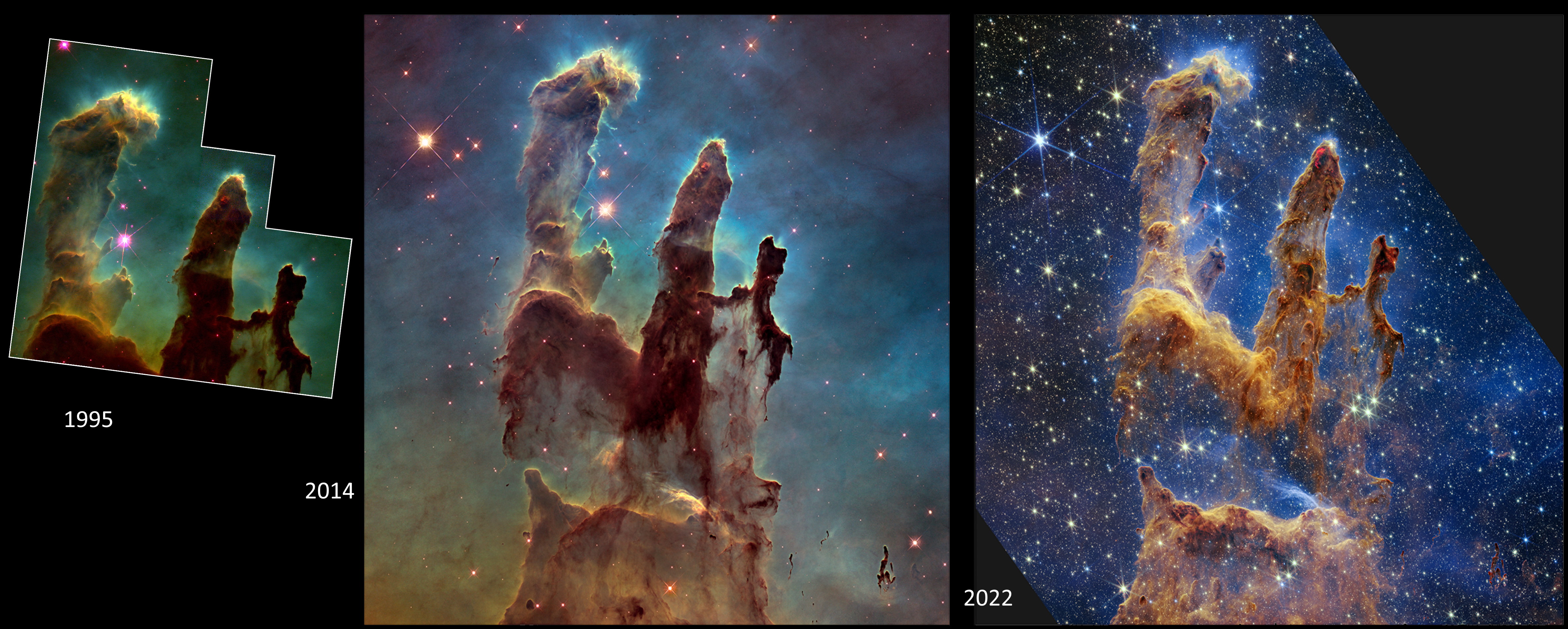The world needs a moral defense of progress based in humanism and agency.
A new method of mapping migration factors in erratic movements and changing climate.
Our relationship with chatbots is undergoing a sea change — here’s how the transformation will most affect you and your team.
Just 13.8 billion years after the hot Big Bang, we can see objects up to 46.1 billion light-years away. No, this doesn’t violate relativity.
We know of stellar mass and supermassive black holes, but intermediate mass ones have long proved elusive. Until now.
For most of human history, babies probably picked up language by overhearing.
Google’s first Chief Innovation Evangelist — Frederik Pferdt — lays out a map for navigating unprecedented change and innovation.
The Bullet Cluster has, for nearly 20 years, been hailed as an empirical “proof” of dark matter. Can their detractors explain it away?
In “Moral Ambition,” Dutch historian Rutger Bregman argues that all would benefit from a collective redefinition of success.
“Fasting…should not be demonized for simply suggesting that we take a break from eating once in a while.”
Half a century ago, idealistic punks shook a fist at the status quo — and their legacy is a blueprint for modern leadership.
On a cosmic scale, our existence seems insignificant and inconsequential. But from another perspective, humans are completely remarkable.
Comparing Elon Musk’s Mars rocket to NASA’s new ride.
The standard picture of our Universe is that it’s dominated by dark matter and dark energy. But this alternative is also worth considering.
The military is courting tech startups to help it win the AI arms race.
The properties of a ghostly particle called a neutrino are coming into focus.
It’s good to be a wallflower. But sometimes, you need to show yourself off a bit.
On the largest of cosmic scales, the Universe is expanding. But it isn’t all-or-nothing everywhere, as “collapse” is also part of the story.
Physicists have increasingly begun to view life as information-processing “states of matter” that require special consideration.
From the explosions themselves to their unique and vibrant colors, the fireworks displays we adore require quantum physics.
Cognitive systems famously posited by psychologist Daniel Kahneman (1934-2024) may hold the key to a more productive and focused work environment.
The structure of our Solar System has been known for centuries. When we finally started finding exoplanets, they surprised everyone.
50 years ago, Herman Chernoff proposed using human faces to represent multidimensional datasets. It was a good idea in theory — but a disaster in practice.
“Isn’t it enough to see that a garden is beautiful without having to believe that there are fairies at the bottom of it too?”
A golden new era of business is within our reach — provided that we harness AI’s potential while mitigating the risks.
There are many things that separate science from ideology, politics, philosophy, or religion. Follow these 10 commandments to get it right.
A long view of biological survival might point us to new possibilities for finding life elsewhere in the Universe.
Architecture in the age of AI — argues professor Nayef Al-Rodhan — should embed philosophical inquiry in its transdisciplinary toolkit.
The last infant stars are finishing their formation inside these pillars of gas. The evaporation of those columns is almost complete.
Smart glasses have flopped before. AI could finally make them mainstream.

